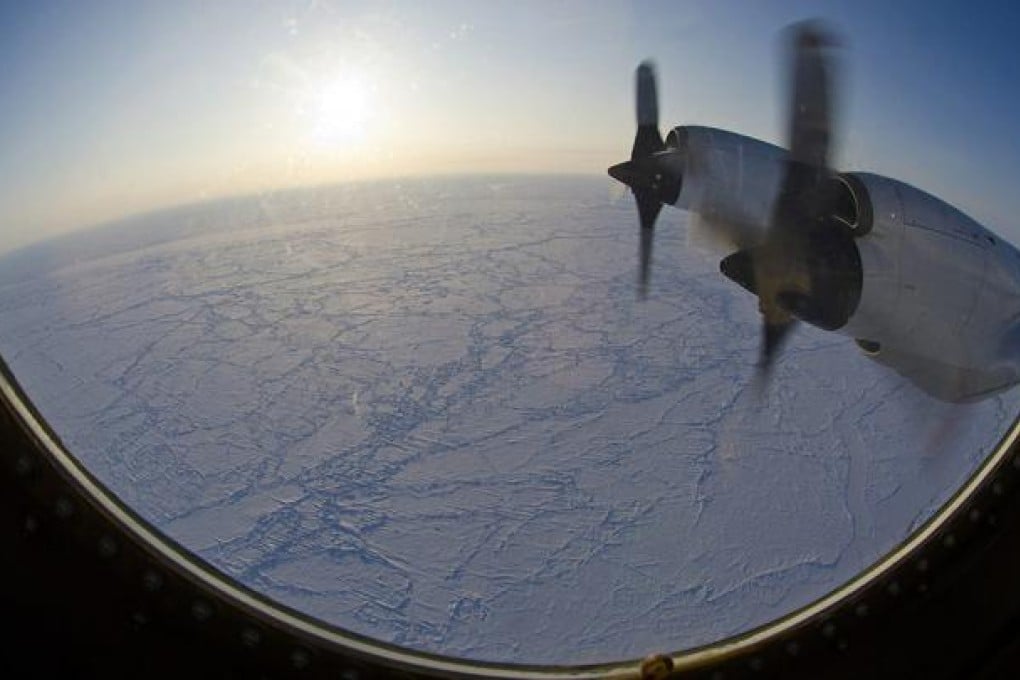Arctic Sea ice retreats to record minimum as UN climate talks stall
Experts warn of self-perpetuating momentum of warming amid anger over stalled talks on UN accord to combat greenhouse-gas emissions

The fast-changing Arctic broke new records for loss of sea ice and spring snow cover this year, as well as the extent of the summertime melt of the Greenland ice sheet, according to US scientists.
The latest report about the melting Arctic comes as frustrations flared in Doha over slow progress at UN climate talks to reach a global agreement on reducing emissions of greenhouse gases. The build-up of these gases is elevating average global temperatures, with the most pronounced changes in the northernmost latitudes.
"The Arctic is an extremely sensitive part of the world," said Jane Lubchenco, administrator of the National Oceanic and Atmospheric Administration in the United States.
As it warms, she said, "we see the results with less snow and sea ice, greater ice-sheet melt and changing vegetation".
Speaking at the autumn meeting of the American Geophysical Union (AGU) in San Francisco, Lubchenco and other scientists unveiled the annual update of the Arctic Report Card, a collaboration of more than 140 scientists that summarises ways the Arctic continues to grow warmer and greener.
Among this year's findings was that the Arctic Sea ice had retreated to reach a record minimum since scientists began to measure it with satellites in 1979. The ice sheet is about half of what it was in 2000. The loss of sea ice is important to the survival of ring seals, walruses and polar bears, among other animals.